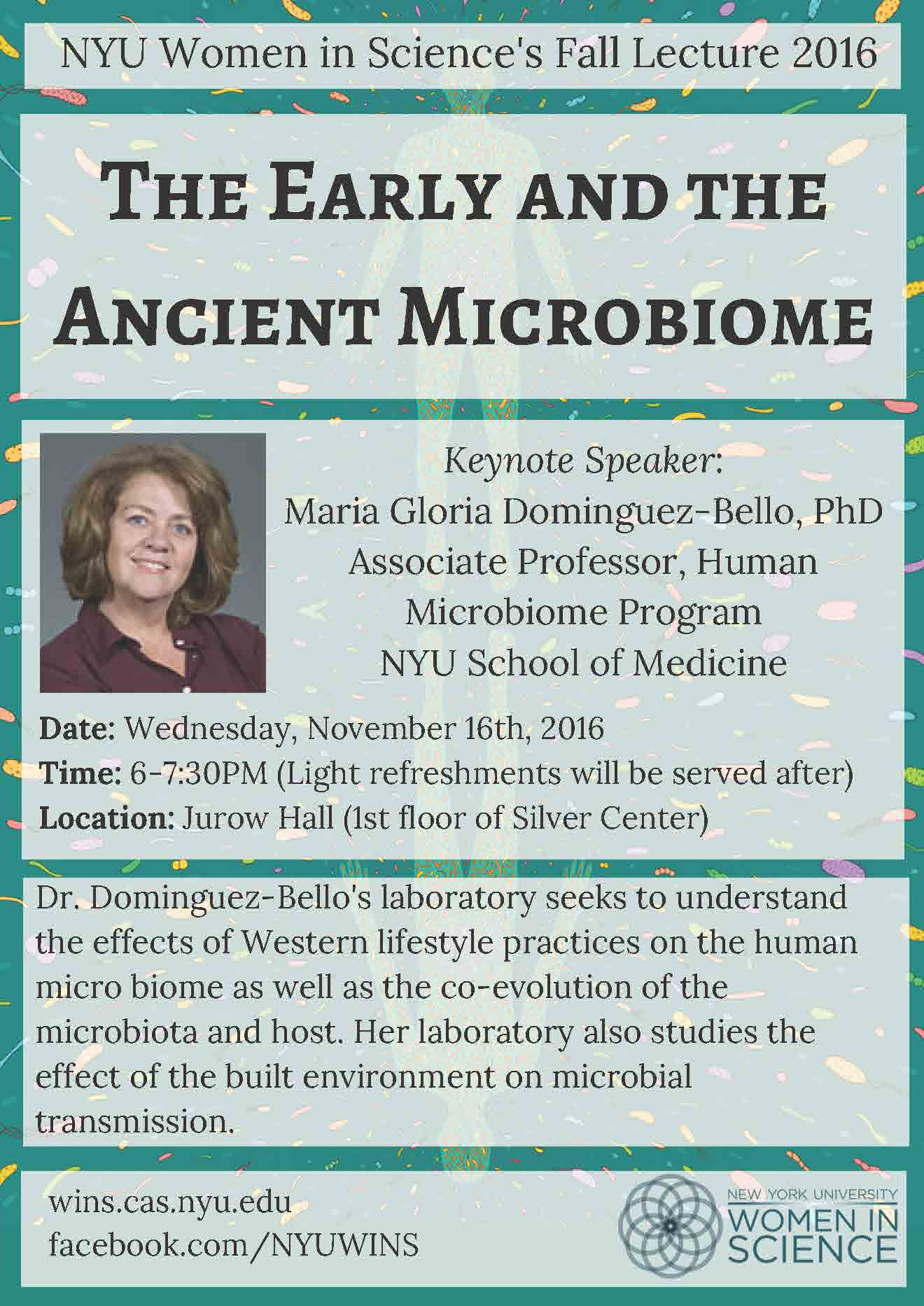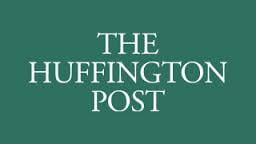Category Archives: Undergraduate Students
Graduate School Discussion Panel (and FREE FOOD!)
Undergraduates! On Monday, November 7th from 5:30-7pm, the Anthropology will be hosting a Graduate School Discussion panel to answer any and all your questions about the graduate school application process and what life is like in graduate school. The panel will feature current graduate students in the Department of Anthropology and there will be FREE FOOD! Invite your friends!
Huffington Post Highlights the Importance of Anthropology
The Huffington Post recently published a blog post by George, a post-doctoral researcher at The University of Pennsylvania and an adjunct Professor at The College of New Jersey, highlighting the importance of anthropology undergraduate programs at American universities. The article makes a compelling and passionate case for the importance of studying anthropology, and comes at a time when, unfortunately, many anthropology programs around the country and being cut or downsized.
You can read his article here.
The Irish Fieldschool of Prehistoric Archaeology
Undergraduates! Download more information about the field-school here.
AMNH Internship, Fall 2016
From the AMNH:
“The Public Programs division of the museum organizes lectures, workshops, festivals and film screenings related to the museum’s temporary and permanent exhibits. Interns will have the opportunity to work on projects related to both the Margaret Mead Film Festival and other public programs.
The Margaret Mead Film Festival is the longest-running showcase for international documentaries in the United States, encompassing a broad spectrum of work from indigenous community media to experimental nonfiction. The festival is distinguished by its outstanding selection of titles, which tackle diverse and challenging subjects, representing a range of issues and perspectives, and by the forums for discussion with filmmakers and speakers.
Interns are critical to our operations and we are currently seeking motivated and creative individuals to work with us. This internship enables interns to learn about public programs and film festival production, museum operations, and outreach strategies. We require our interns to work at least 2 whole days per week (10:00-5:00 pm, M-F) plus assist with 4 evening and/or weekend programs per month. Although this is an unpaid internship, many of our past interns have received payment or credit through work-study or academic credit programs offered by their universities.”
Fred Myers Organizes Workshop at NYU Sydney

During two days in July, Professor Fred Myers (NYU) and Tim Rowse (Western Sydney University) convened a workshop at NYU’s beautiful Sydney site, funded by the Australian Research Council as part of a Discovery Project Grant. Entitled “Australian Cultural Fields: the Difference that Identity Makes,” the workshop had 21 presenters and focused on Indigeneity across several different Australian fields of cutlural production — Sport, Media, Visual Arts, Music, Heritage — and one paper on Taste. The presenters included academic presentations and also practitioners’ reflections in recognition of the importance of participant knowledge of the fields in which they work. Some of the participants skyped in, but the technology did not fail!!! Professor Faye Ginsburg skyped in from New York, and PhD student Rowena Potts was able to attend in person. It was a fabulous event and a wonderful coordination between NYU Sydney and Western Sydney University, the home of the research project. We want to thank the staff at NYU Sydney for all of their support and hospitality and the research manager of the project, Dr. Michelle Kelly for coordinating.
The rationale for the workshop was framed explicitly
“We hope that participants will be able to present and share their experience of participating in these fields and their knowledge about how such fields operate. We will draw on social theory, but our workshop will be animated by personal experience and intimate knowledge of working in these fields.
We believe it is important to think about the terms, within these five Australian cultural fields, in which the Indigenous/non-Indigenous distinction is recognised – whether in terms of Indigenous cultural producers or Indigenous cultural works.
In each of the above five fields of Australian culture, it now makes a difference whether a sportsperson, network, monument, artwork or performance is known as ‘Indigenous’. Indeed, people have, at times, made a great effort to assert that ‘Australian’ culture has Indigenous and non-Indigenous variants – that is, to make ’the Indigenous’ visible, to challenge habits of thought that allowed ‘the Indigenous’ to be repressed from sight and from memory. To assert the relevance of the Indigenous/non-Indigenous distinction has been, at times, a passionate political cause.
However, the politics of this ‘difference’ is never simple, and it is clear that power and domination are characteristics of each of these five fields. We think it may be useful to ask such questions as:
- In what terms are we being asked to imagine ‘the Indigenous’ as different?
- Why are some representations of ‘Indigeneity’ controversial and others easily accepted?
- When an Indigenous/non-Indigenous distinction is made, what is implied about the ‘non-Indigenous’?
- Whose interests are served by sustaining any particular version of the Indigenous/non-Indigenous distinction?
- What institutions are built upon (invested in) the deployment of any way of making the Indigenous/non-Indigenous distinction?
- Are there circumstances in which it is better not to assert the Indigenous/non-Indigenous distinction? Is this a question of tactics, as agents (athletes, artists, critics, curators, sponsors) manoeuvre through fields of cultural production?
To pose these questions (and any other questions that participants wish to raise) is to adopt a critical, politically aware approach to the politics of identity. We will hear from a variety of speakers, including both university-based and industry-based commentators.
Fred would like want to thank all of the presenters, who took time off from other work to join him and his colleagues. Friends and colleagues from many years generously agreed to share their thoughts.
2013 Alum Accepted to University of Pennsylvania Law School
Ariana Brill (2013, Political Science and Anthropology), Honors thesis research focused on the effect of incarceration on families, will attend the University of Pennsylvania Law School beginning fall 2016. Congratulations Ariana!
North American Archaeology Undergraduate Internship: AMNH
Undergraduates! The AMNH is currently accepting applications for Summer 2016 internships. Please see the attached informational flyer for complete information.
Koobi Fora Field School 2016
Co-directed by the George Washington University’s Center for the Advanced Study
of Hominid Paleobiology and the National Museums of Kenya, the Koobi Fora
Field is a four-credit collaborative paleoanthropological research and trainning
program in Northern Kenya. e program includes daily hands-on work, a series
of lectures, specialized laboratory exercises, and one-on-training with senior
researchers and instructors. rough this combination of learning opportunities in
a remote and remarkable “classroom” students receive an intense and unforgettable
research experience.
Applications — consisting of a transcript, letter of recommendation, and statement, as well as the supplementary application — are due by December 18th 2015.
For complete information, please download the attached informational flyer.
If you have any questions, please contact David Braun at david_braun@gwu.edu.
Public Programs Internship Opportunity at the American Museum of Natural History
There is an upcoming internship opportunity at the American Museum of Natural History.
From the Museum: “Interns are critical to our operations and we are currently seeking motivated and creative individuals to work with us. This internship enables interns to learn about public programs and film festival production, museum operations, and outreach strategies. We require our interns to work at least 2 whole days per week (10:00-5:00 pm, M-F) plus assist with 4 evening and/or weekend programs per month. Although this is an unpaid internship, many of our past interns have received payment or credit through work-study or academic credit programs offered by their universities.”
For complete information about the internship, please download the attached promotional flier here.




